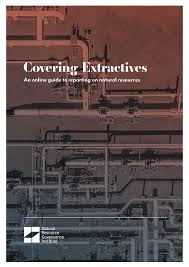The interrelations of land ownership, soil protection and privileges of capital in the aspect of land take
The novelty of this study lies in the analyses of legislation concerning land use policies by examining the specific boundary between land ownership and land take. The basic motive was that the European Commission (EC) withdrew the Soil Framework Directive (SFD) in 2014 following the objections of certain Member States (MS) who countered that as most lands are privately owned, they should not fall under the remit of public governance. Since the withdrawal of the SFD land take is an issue receiving more attention.


